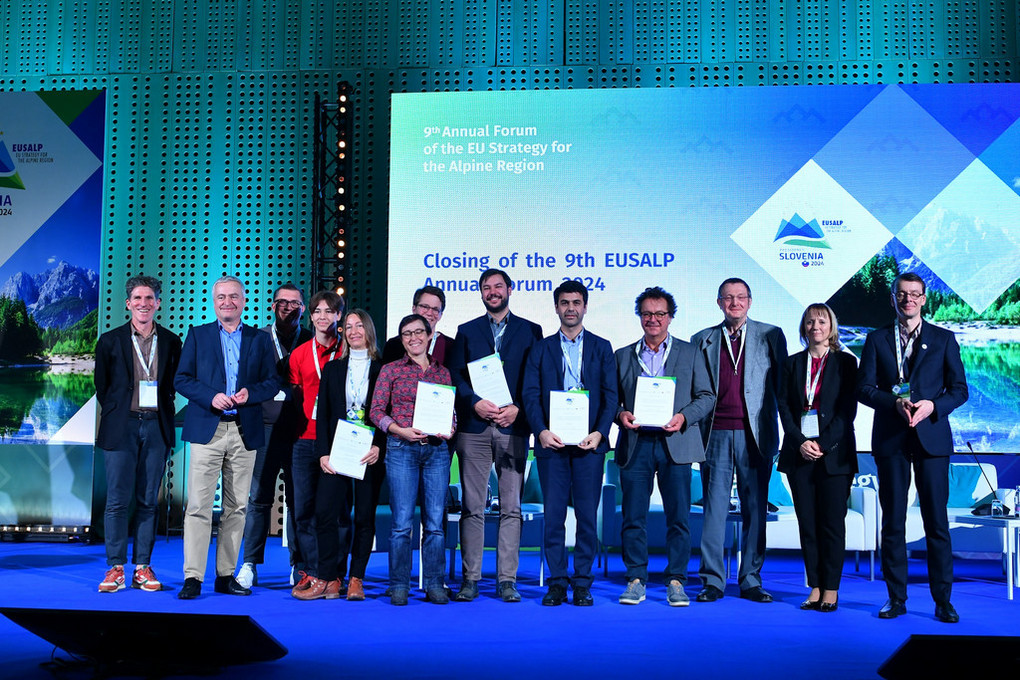This panel was dedicated to the mechanisms needed to empower the young people of the Alpine region to respond properly to future challenges, especially related to the climate change
and social change.
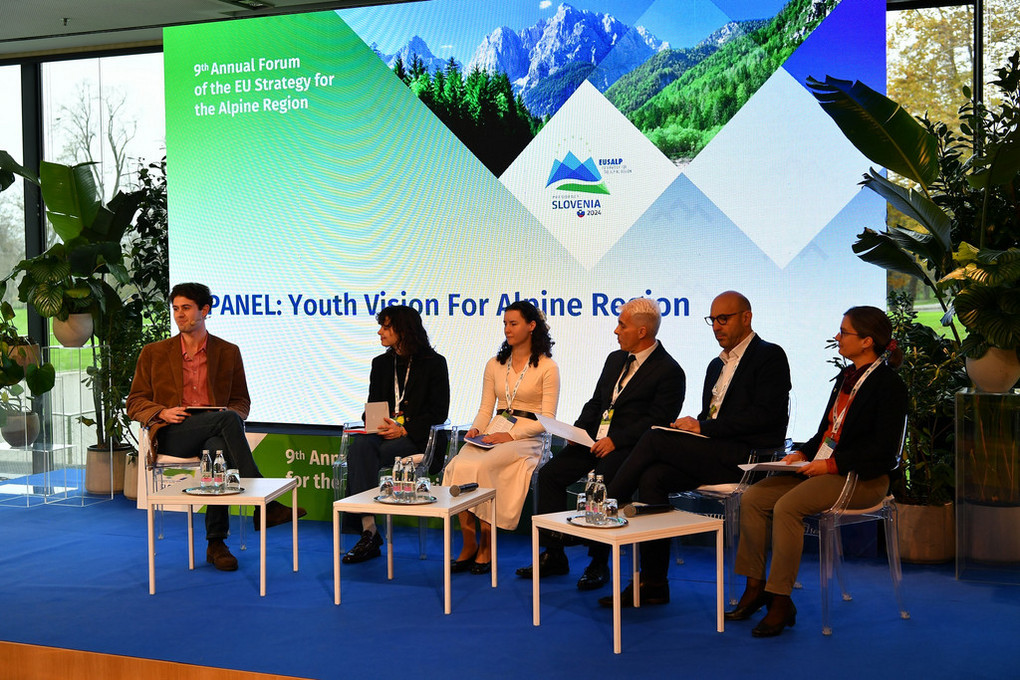 Copyright Peter Irman
Copyright Peter Irman
Pauline TREISSAC from Region Bourgogne-Franche-Comté, partner of SUPPORT EUSALP project funded by Interreg Alpine Space, recalled how YOUTH involvement in the alpine macroregional strategy is active all year long! The three main activities being the Summer camp, the Pitch Your Project Competition and of course the Youth Council helping in the implementation of the strategy.
Sylvia BUZZETTI recalled from her side how fruitful 2024 was regarding the Year of Skills organised by the EUROPEAN COMMISSION, as after pandemic crisis that affected young people so much regarding labour, studies, it was necessary to empower them and open a dialogue with them. Erasmus+ is also a path to follow to see the future to engage more and more young people.
Branislav RAUTER , highlighted how it was important to create an environment where young people will be able to explore and live at their best.
The Youth councillor on stage, Rafaela RABIC, reminded how much Young people were sensibilised to the soft skills through labour market, remote work, and is proud to promote the traditions and culture specially the music and the food of the alpine. On her opinion public transports are not facilitated and it is hard sometimes to afford the alps.
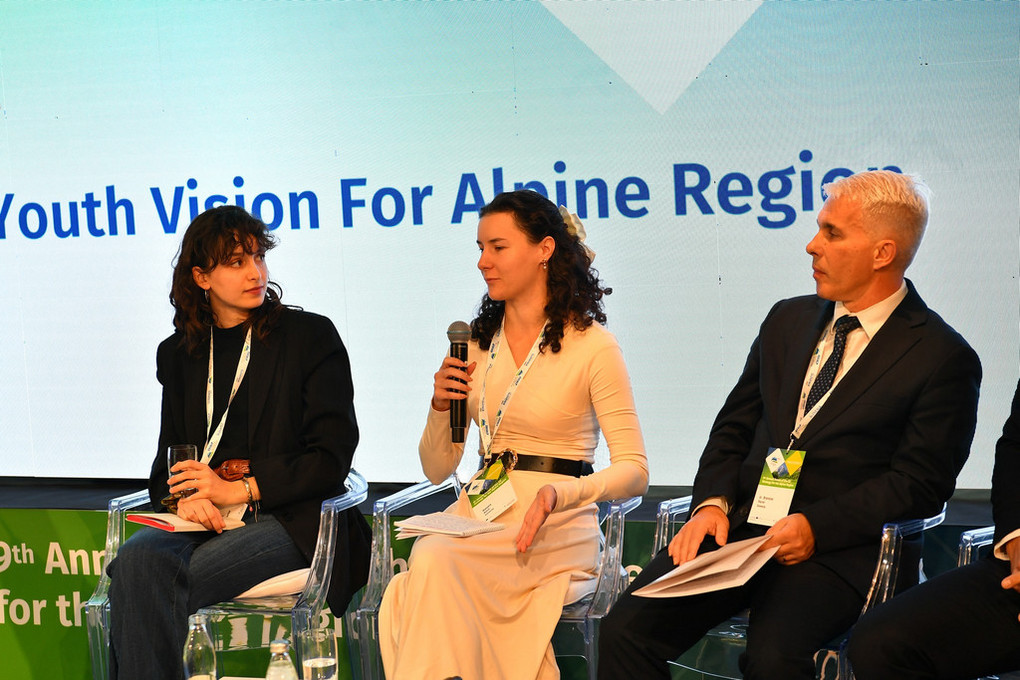 Copyright Peter Irman
Copyright Peter Irman
Lionel CROISSANT, from his side, reported soft skills are crucial to understand the work. Last summer the event organised by Action Group 3 called “Discover Mountain Jobs” towards AI and soft skills was the opportunity to prove how different fields of knowledge are opened to any backgrounds and send this message : “Keep the Youth Council in the Game !”
Pauline TREISSAC added an information about the important need to find new sources of fundings to respect their objectives and follow the various activities young people are involved in with the stakeholders.
Sylvia BUZZETTI stressed this point of finances with the climate change needs from all the regions of EUSALP and beyond, cooperation, she underlined, is more than ever necessary to reduce the administrative borders, and liaise more easily when help is needed.
At the end Lionel CROISSANT, said how the nature is the centre of all the discussions the challenge should be to keep the nature as it is and to add a personal value to it. In the meantime Pauline TREISSAC in charge of EUSALP YOUTH expressed how diversity in the alps, the different cultures, the spirit of the mountains, latin, german is appreciable. She also underlined how Young people travel into the alpine space as for instance with EURORAIL while acting on their carbon footprint. The European Commission recognized more and more people want to live in the Alps, reconnect the nature and live in more sustainable ways.
Silvia BUZZETTI, Programme Assistant, Directorate General for Regional and Urban
Policy, DG REGIO, European Commission
Branislav RAUTER, Principal, Rudolf Maister Secondary School Kamnik, Slovenia
Lionel CROISSANT, Associate Expert, Institut des Hautes Études de l’Éducation et de
la Formation, and EUSALP Action group 3 (Labour market, education and training)
representative, France
Rafaela RABIČ, EUSALP Youth Council representative
Pauline TREISSAC, European Affairs Officer, Europe and International Department,
Bourgogne-Franche-Comté Region, France
Moderator: Dino Subašić, Slovenian journalist and presenter
More information
Photo Gallery


 Copyright Peter Irman
Copyright Peter Irman Copyright Peter Irman
Copyright Peter Irman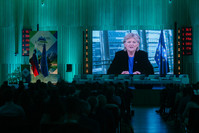
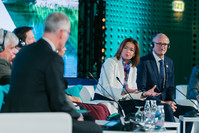
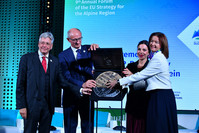
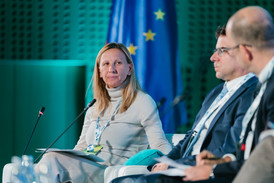
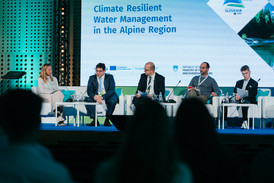
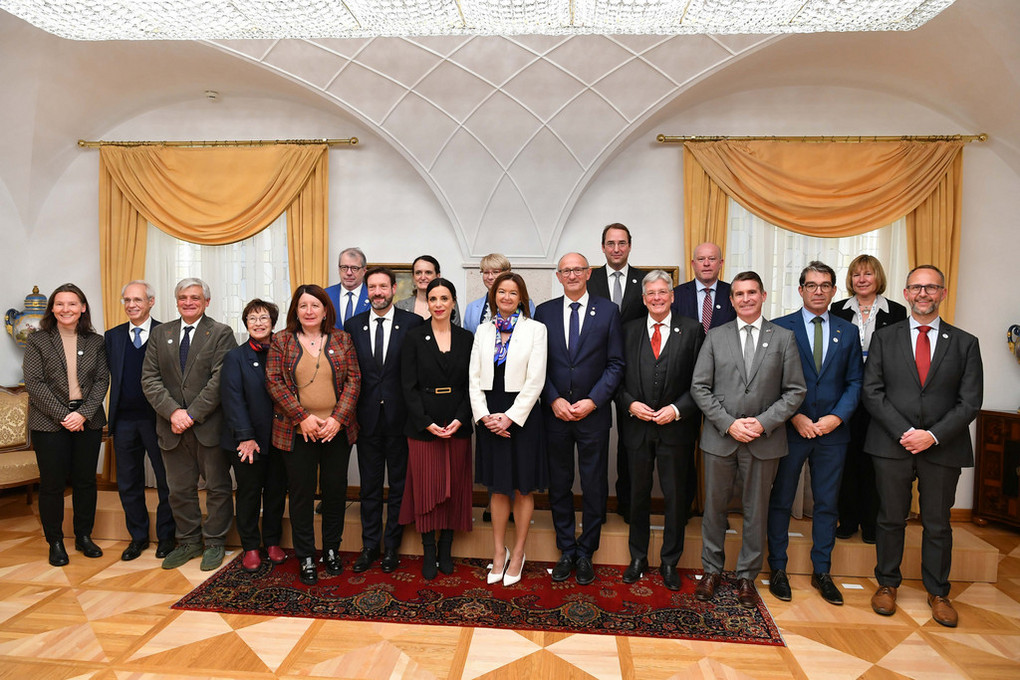 The General Assembly convened at the Brdo Castle, under the chairmanship of the
The General Assembly convened at the Brdo Castle, under the chairmanship of the 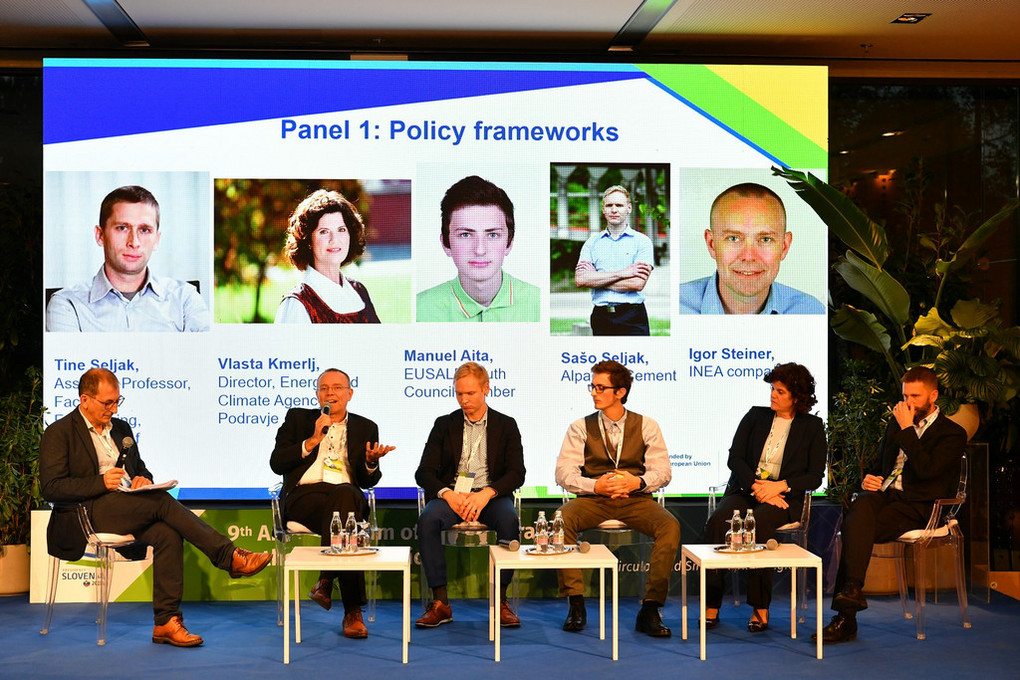 Copyright Peter Irman
Copyright Peter Irman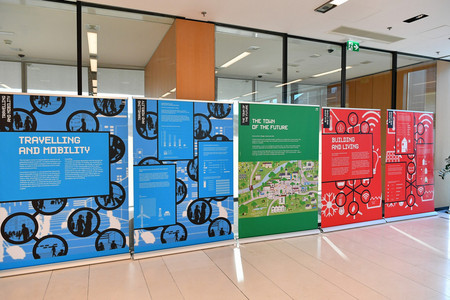
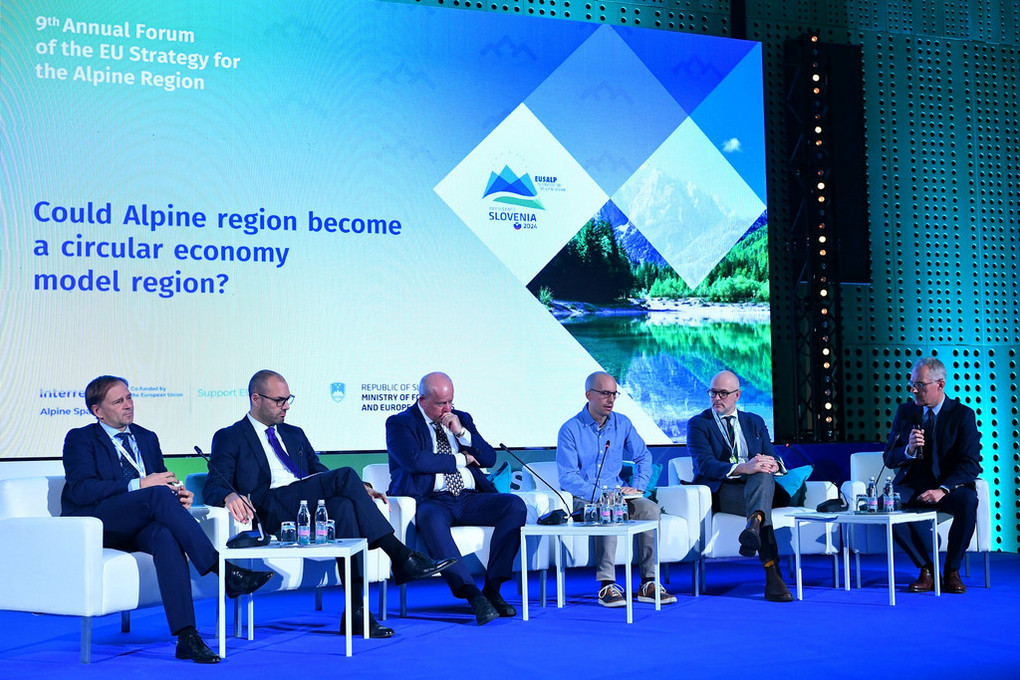
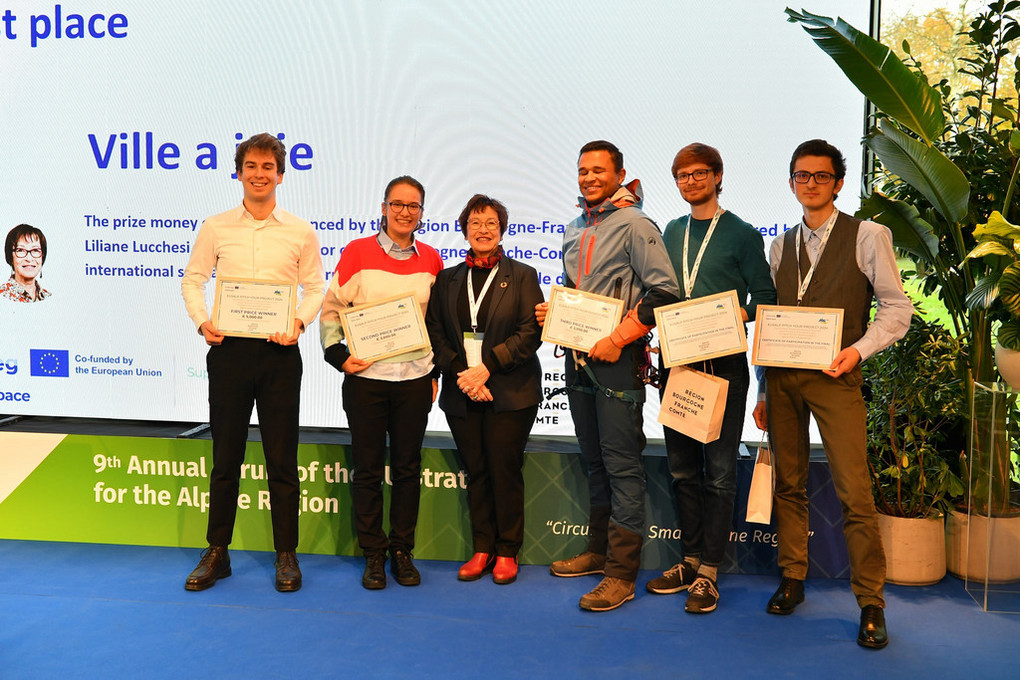
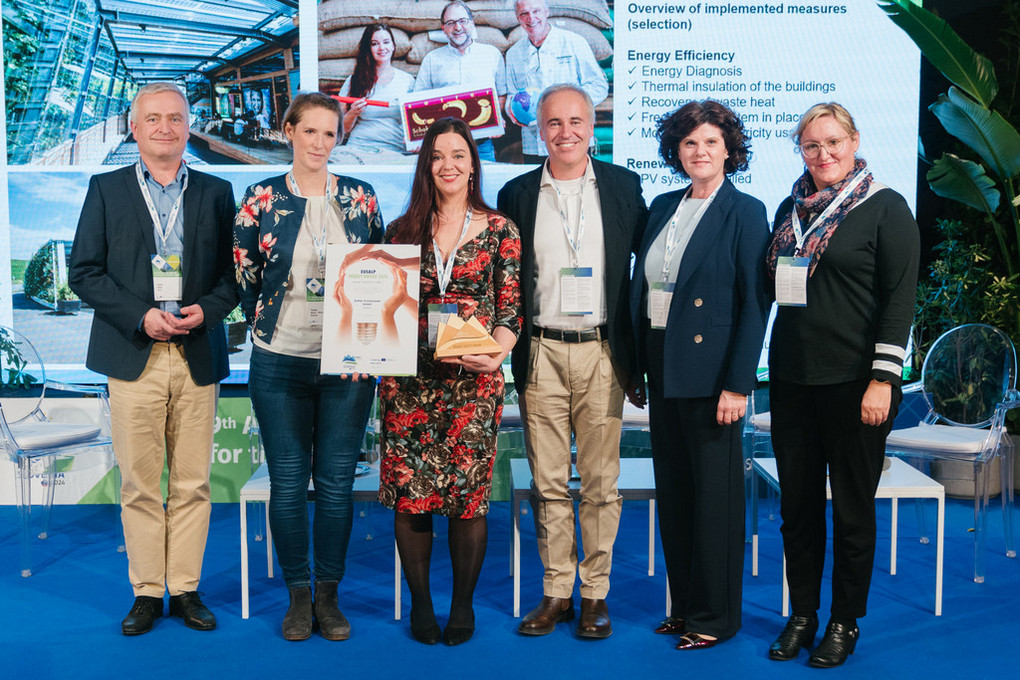 Copyright Peter IRMAN
Copyright Peter IRMAN